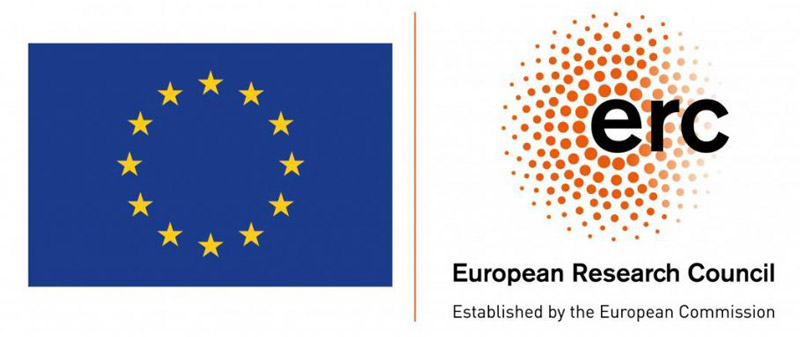Externally funded projects
1. ERC Consolidator Grant (ALLOCHRONY, #101002564)
Quantitative Investigation of Interspecies Differences in Developmental Tempo
Starting date: 1 May 2021
Duration: 5 years

2. Human time vs. mouse time with in vitro differentiation models (BIOTIME, #PGC2018-097872-A-I00)
Funding body: AGENCIA ESTATAL DE INVESTIGACIÓN – Proyectos de I+D de GENERACIÓN DE CONOCIMIENTO ((MCIU/AEI/FEDER, UE) funded by the Spanish Ministry of Science, Innovation and Universities (MCIU) and co-funded by the European Regional Development Fund (ERDF, EU))
Starting date: 1 January 2019
Duration: 3 years
Project summary
The embryonic development of larger animal species tends to be slower than that of smaller species as exemplified by the nine-month gestation period in human and twenty-day period in mouse. However, the molecular mechanism by which different species show different developmental times remains unclear. In the BIOTIME project, we will focus on the segmentation clock, an oscillatory gene expression that regulates the timing of body segment formation during early development. We have recently succeeded in recapitulating the segmentation clocks with human and mouse pluripotent stem cells. Importantly, the recapitulated human segmentation clock showed a five-hour oscillation period whereas that of mouse showed a two-hour period. The fact that the period difference is maintained in controlled in vitro conditions of cell culture strongly suggests that the difference is cell autonomous. Our current hypothesis is that biochemical reactions may be slower in human cells as compared with mouse cells, and we will measure important biochemical parameters that determine the oscillation period in both human and mouse cell cultures.
